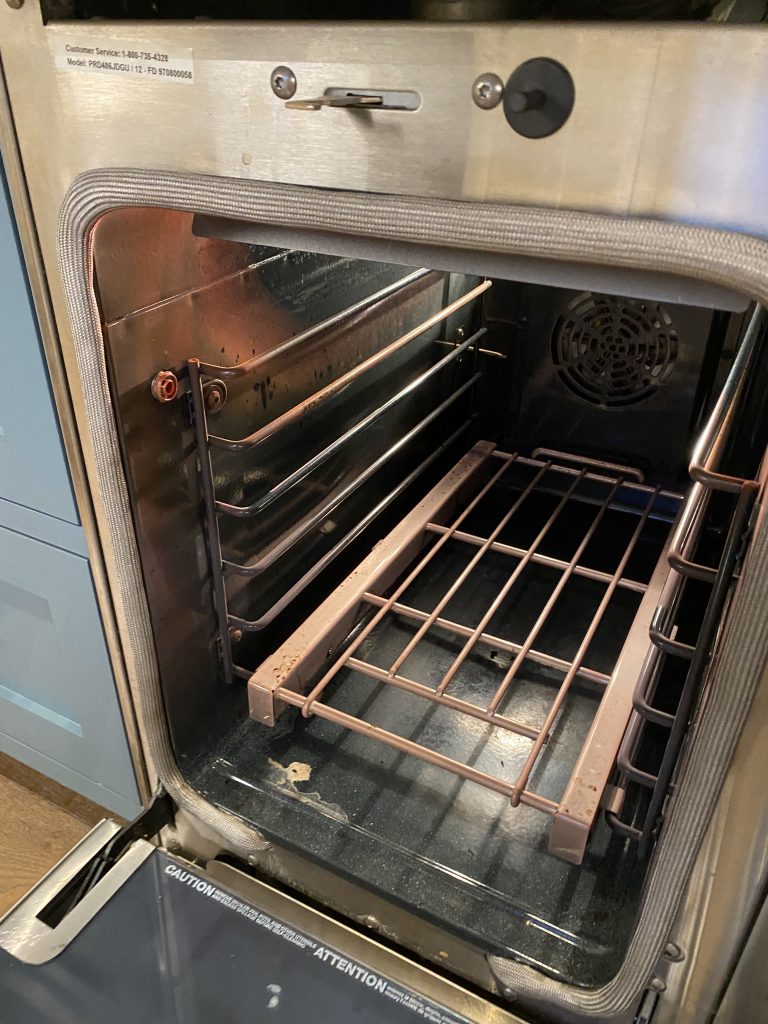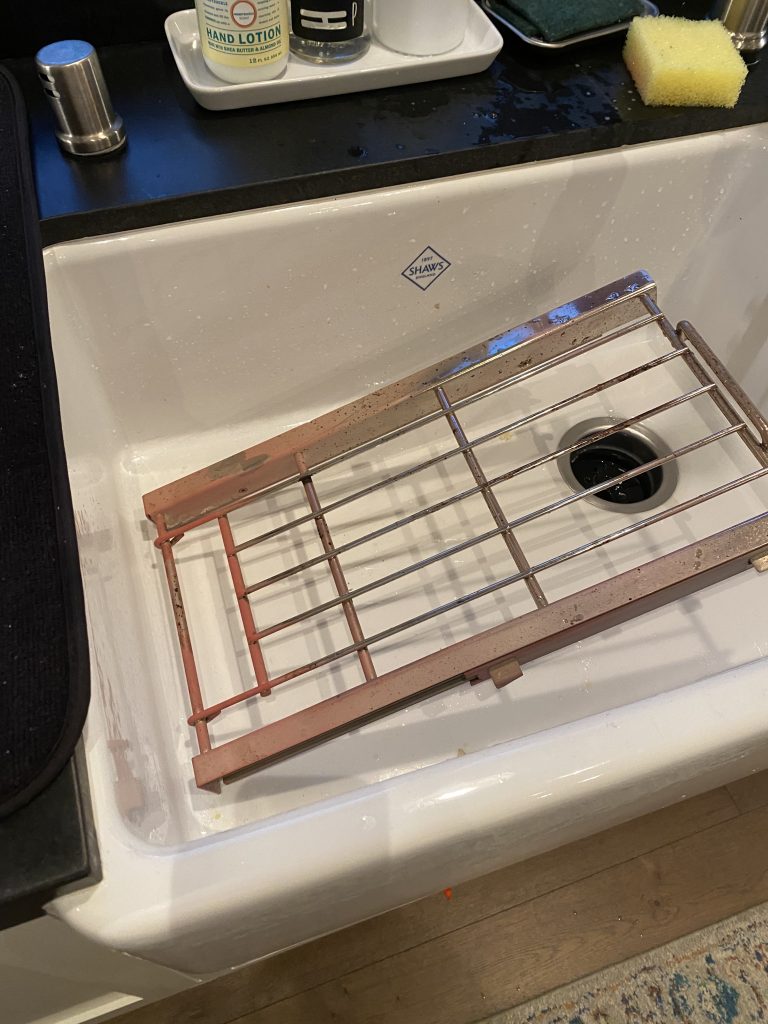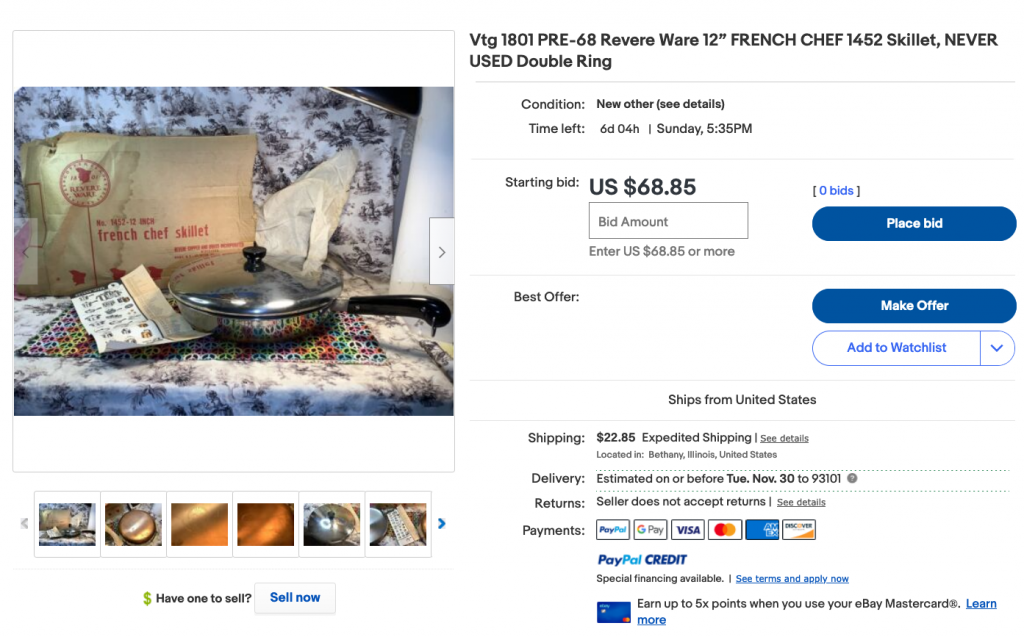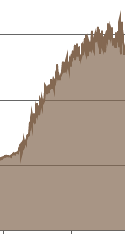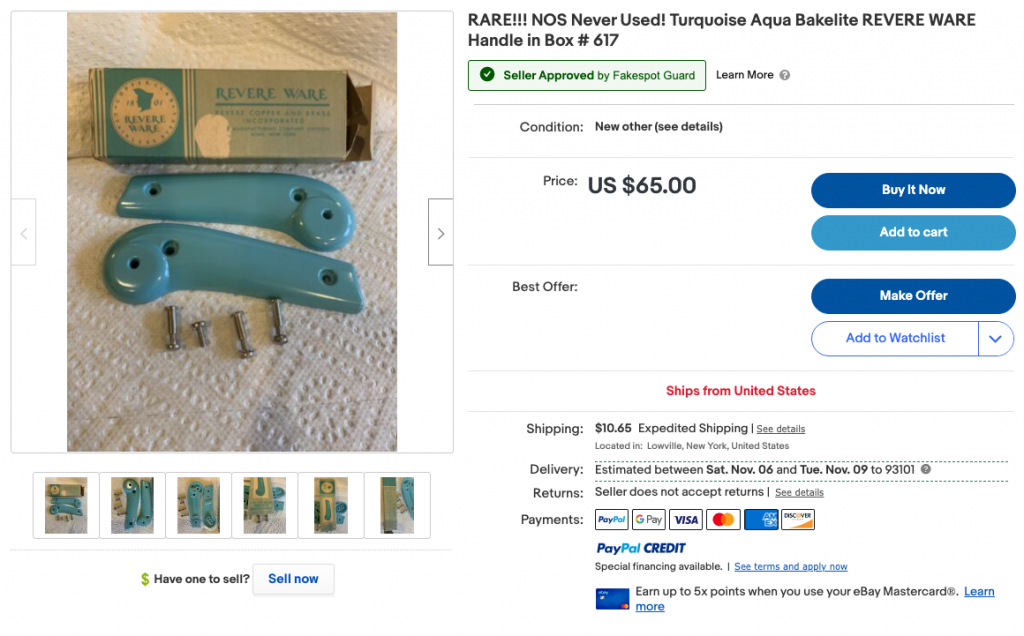When a customer returns an item to Amazon, warehouse staff evaluates the item to see if it is OK for resale or not (fulfillable), or they are supposed to. Since we started getting our unfulfillable Amazon returns send back to us, we’ve seen some strange things come back that were supposedly our parts. Either customers get mixed up and return the wrong item with the wrong label, or people are intentionally returning something different than what they got so they can keep the item. Probably some of both.
What is troubling though is when the Amazon staff returns things to inventory that are either damaged, missing parts, or the completely wrong thing.
A few months ago we started putting a sticker on all of our parts with our Gmail address so Amazon customers know how to contact us if they have an issue. We got an email from a customer this morning that seemed really strange.
I only received the yellow part. Missing the brake part of the device
We don’t sell anything yellow and I have no idea what on our parts might be considered the brake part. So I asked for a picture.
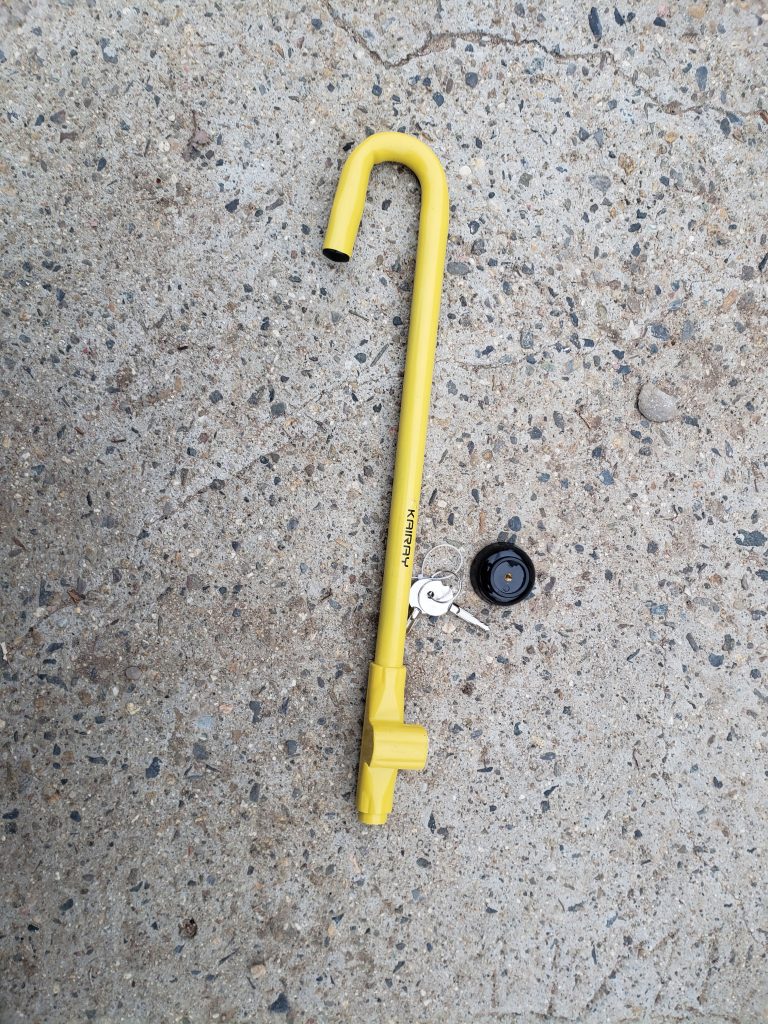
Well the knob looks familiar, but the yellow thing is part of a steering wheel lock.
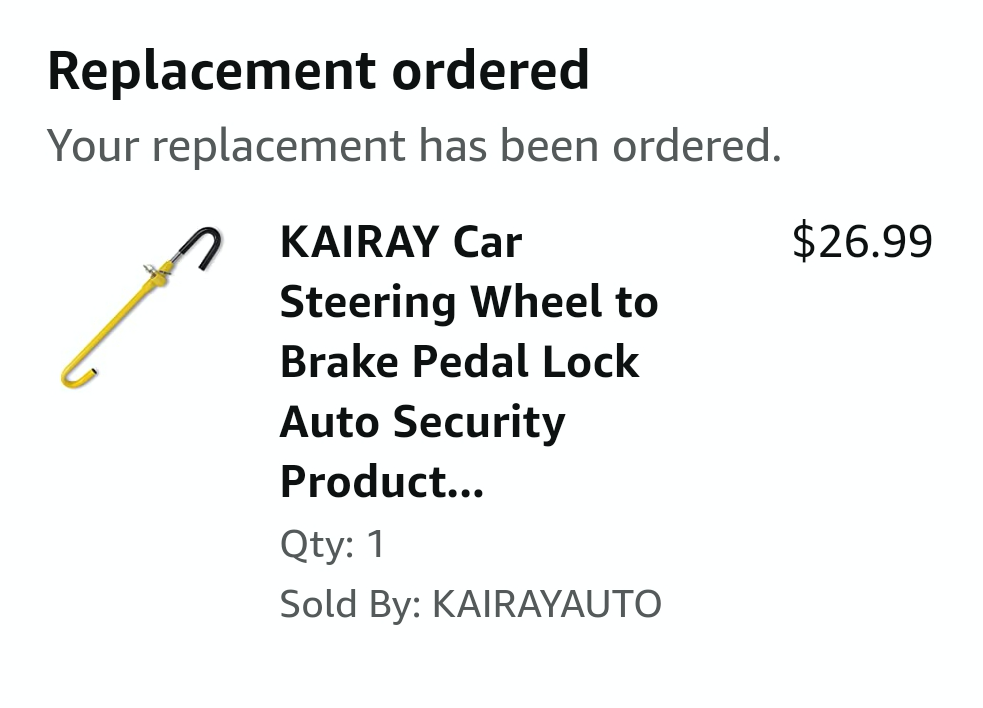
So it appears that someone ordered that item, and our knob, and returned part of the steering wheel lock and our knob in the same return. Amazon staff somehow evaluated this combination and found it fit for resale.
As a seller, I find much to be desired with Amazon’s Marketplace for 3rd party sellers. As a customer, I’ve become more and more cautious about what I buy from Amazon and always try to use a service like Fakespot to vet items. This one example shows a little bit of all that is wrong with Amazon these days. Clearly, they have chosen quantity over quality, at the expense of customers and sellers.
What I mean is that they have prioritized growth in sales volume, number of sellers, and number of products while making it harder for honest sellers and for customers, and virtually ignoring abusive sellers that do things like massively fabricate reviews and steal other sellers stores and ruin their reputation with cheap knockoff products.
Why would they do this? Perhaps because they are the 1000 pound gorilla now and they can. Perhaps because they have been able to deflect criticism thus far and have been taken to task over their failures. Perhaps because they are making a conscious decision that it would just cost too much to provider better customer service for sellers and to put more effort into cracking down on abuse and fraud.
Last night my wife and I both found the same food for one of our pets, me on Amazon, and she on Chewy.com; same price in both places. The choice was easy; whenever we can, we will divert our spending to another retailer over Amazon.com. We still give them a lot of business, but less than we used to.




